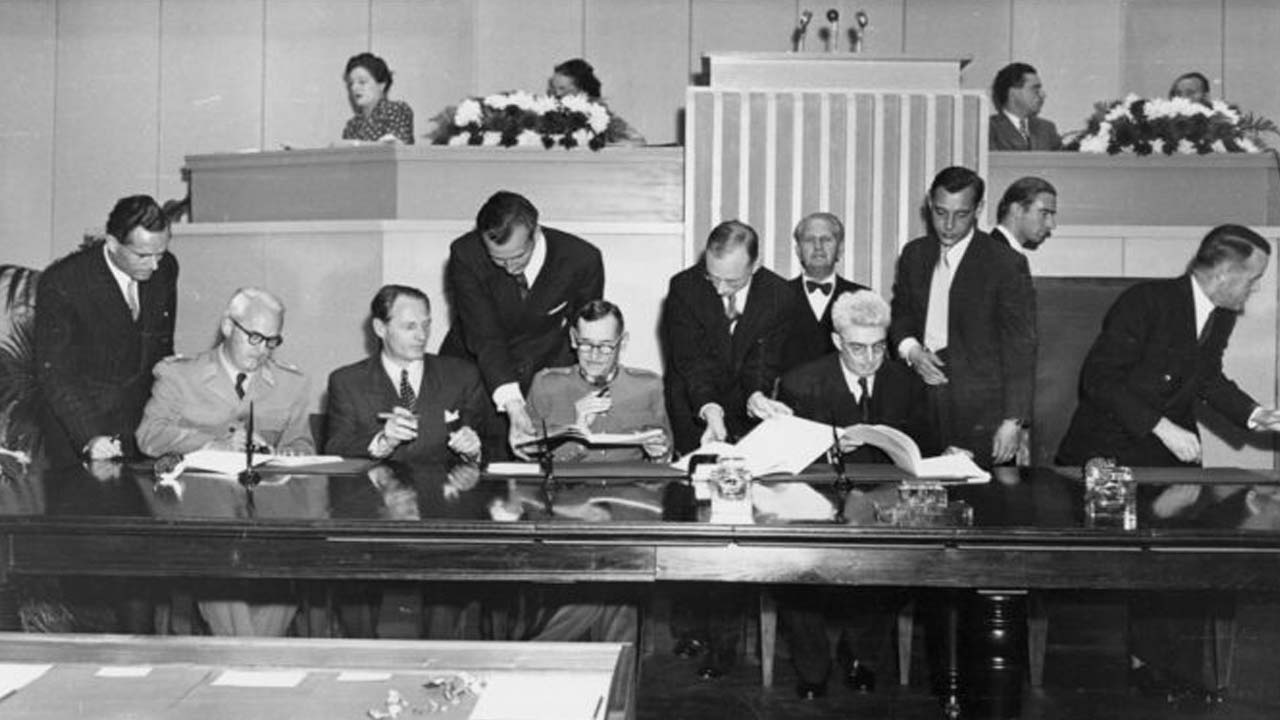
Switzerland, Geneva: The Geneva Conventions, adopted on August 12, 1949, have established a crucial standard in international humanitarian law, essential for protecting individuals in armed conflicts. Balthasar Staehelin of the ICRC emphasized their continued relevance over the past 75 years, underlining their fundamental role in safeguarding those affected by war. The first Geneva Convention, initially adopted in 1864 with subsequent revisions in 1906, 1929, and 1949, has evolved to offer broader protection, particularly with the Fourth Convention, which revolutionized civilian protection in conflicts.
Despite these advancements, the observance of humanitarian law remains inconsistent. In 2023, the UN reported a significant increase in civilian casualties and violence against medical personnel amid ongoing conflicts in various regions. Additionally, over 110 million people were displaced due to conflict and persecution, highlighting the persistent and severe humanitarian crises that the Conventions aim to address.
The application of international humanitarian law often faces challenges, including selective enforcement and violations. The Fourth Geneva Convention, for instance, has faced criticism regarding its applicability in certain contexts, such as the Israeli-Palestinian conflict. Critics argue that the Geneva Conventions' principles are increasingly disregarded, while defenders like Ellen Policinski stress the need for better adherence to existing rules rather than new regulations. The Conventions remain vital, reflecting the grim realities of war and emphasizing the need for respect and compliance with humanitarian standards.











